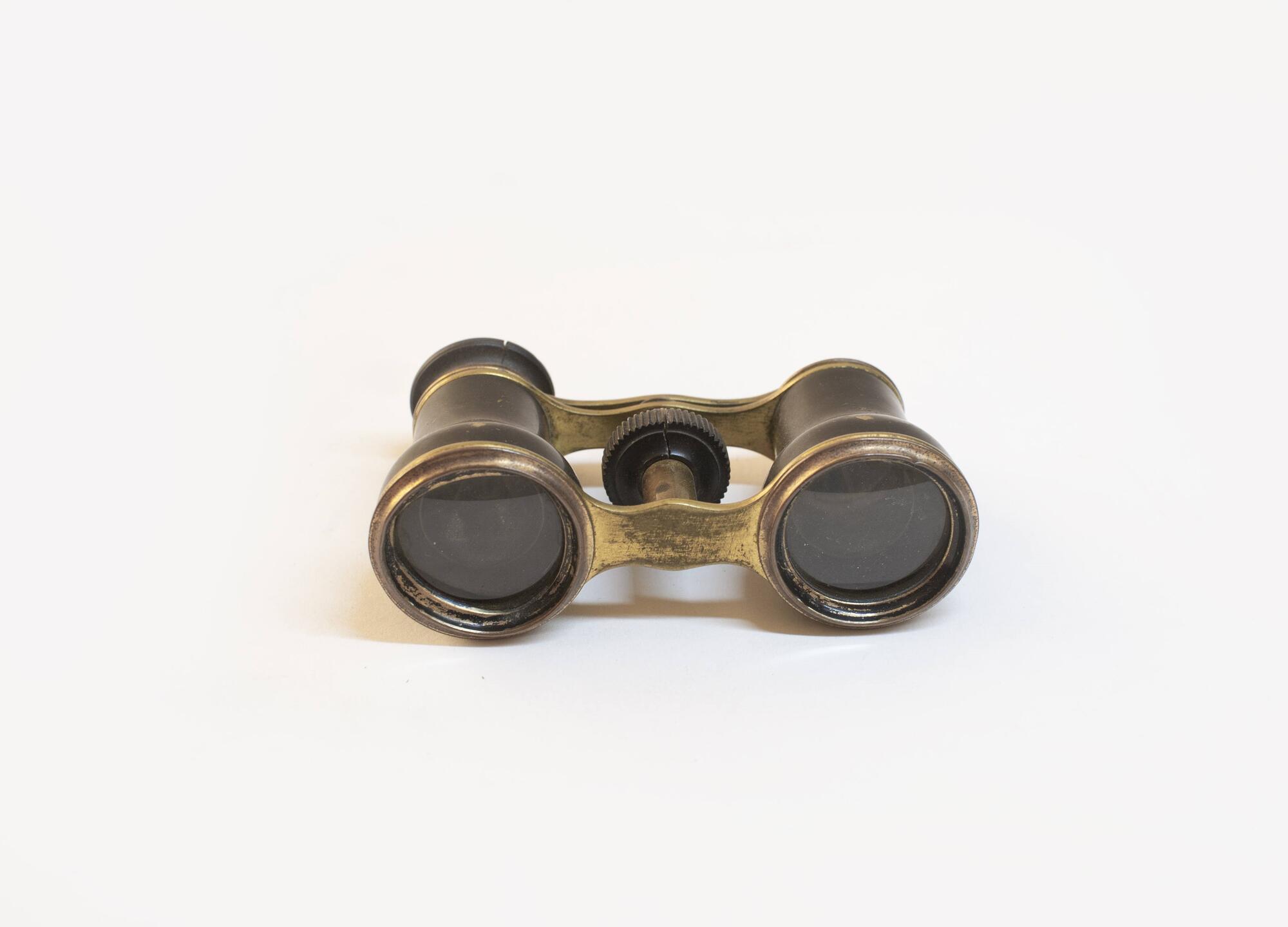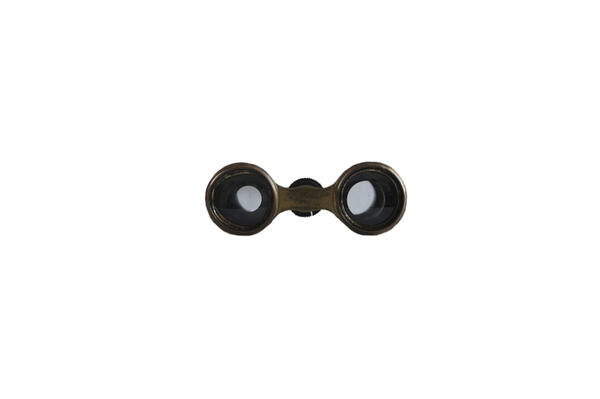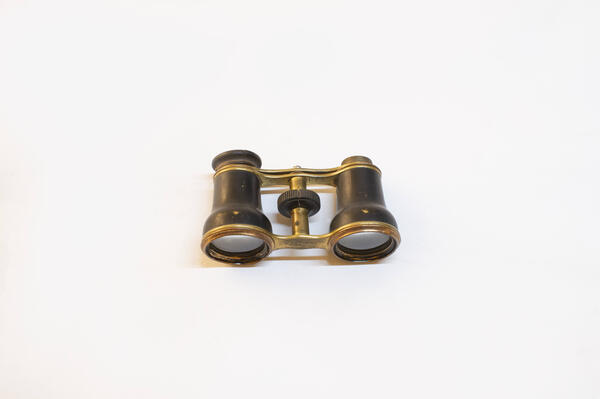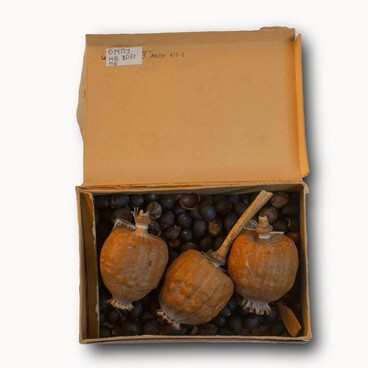Theater binoculars, or opera glasses — special optical devices used at all kinds of shows and performances — originated in the 18th century, and in the early 19th century became a popular and fashionable accessory. However, in the house of Pavel Petrovich Bazhov, this device appeared due to the fact that over the years the writer’s eyesight worsened: it was difficult for him to see what was happening on stage. At the same time, the Bazhovs loved theater very much, it was one of the most important types of leisure activities for the family of Ural intellectuals.
Valentina Alexandrovna, the writer’s wife, recalled that in the first years of their life together, the couple often went to the newly opened New City Theater, presently the Opera and Ballet Theater. Bazhov took his youngest daughter Ariadna with him to watch performances since she was five or six. In time, attending performances became an essential affair in the writer’s family.
In his diary entries from the 1930s, Bazhov described his impressions of watching operettas, vaudevilles, amateur productions staged by regional and district drama clubs, concert tours and many more types of shows. Hence, the writer paid close attention to the theater scene in the Urals.
Bazhov was very fond of the opera performances by Feodor Chaliapin and Nadezhda Obukhova, Daria Sprishevskaya and Vasily Ukhov, Sergei Lemeshev and Ivan Gorelov, and so on. Pavel Petrovich often listened to the works of Glinka, Tchaikovsky, Mussorgsky, and Glazunov, and appreciated the works of foreign composers, for example, Edvard Grieg.
Bazhov’s own works also attracted the attention of directors from all over the country. Amateur drama clubs of the Urals were the first to stage performances based on his tales; they were followed by large theaters of Sverdlovsk: the Young Spectator’s and Opera and Ballet Theater. Moreover, directors of metropolitan theaters — the Mariinsky and the Bolshoi Theaters — also turned to this subject.
Valentina Alexandrovna, the writer’s wife, recalled that in the first years of their life together, the couple often went to the newly opened New City Theater, presently the Opera and Ballet Theater. Bazhov took his youngest daughter Ariadna with him to watch performances since she was five or six. In time, attending performances became an essential affair in the writer’s family.
In his diary entries from the 1930s, Bazhov described his impressions of watching operettas, vaudevilles, amateur productions staged by regional and district drama clubs, concert tours and many more types of shows. Hence, the writer paid close attention to the theater scene in the Urals.
Bazhov was very fond of the opera performances by Feodor Chaliapin and Nadezhda Obukhova, Daria Sprishevskaya and Vasily Ukhov, Sergei Lemeshev and Ivan Gorelov, and so on. Pavel Petrovich often listened to the works of Glinka, Tchaikovsky, Mussorgsky, and Glazunov, and appreciated the works of foreign composers, for example, Edvard Grieg.
Bazhov’s own works also attracted the attention of directors from all over the country. Amateur drama clubs of the Urals were the first to stage performances based on his tales; they were followed by large theaters of Sverdlovsk: the Young Spectator’s and Opera and Ballet Theater. Moreover, directors of metropolitan theaters — the Mariinsky and the Bolshoi Theaters — also turned to this subject.



